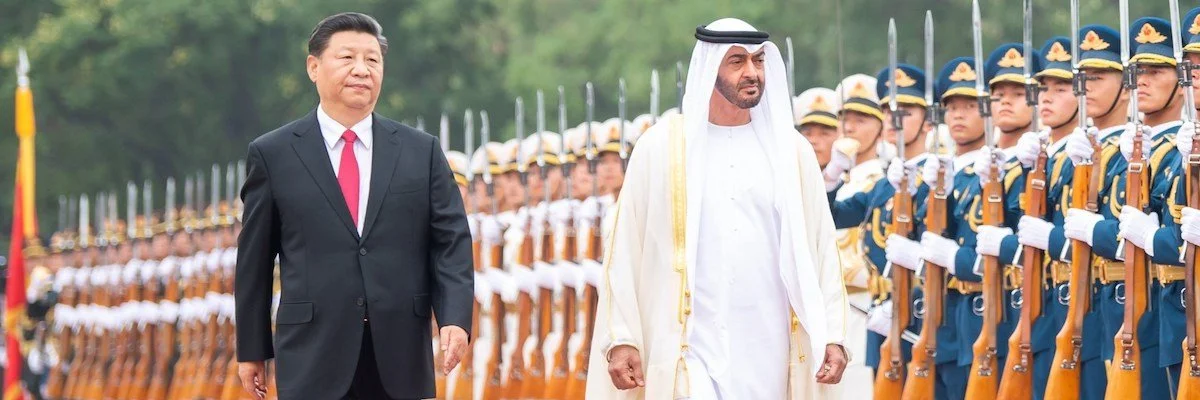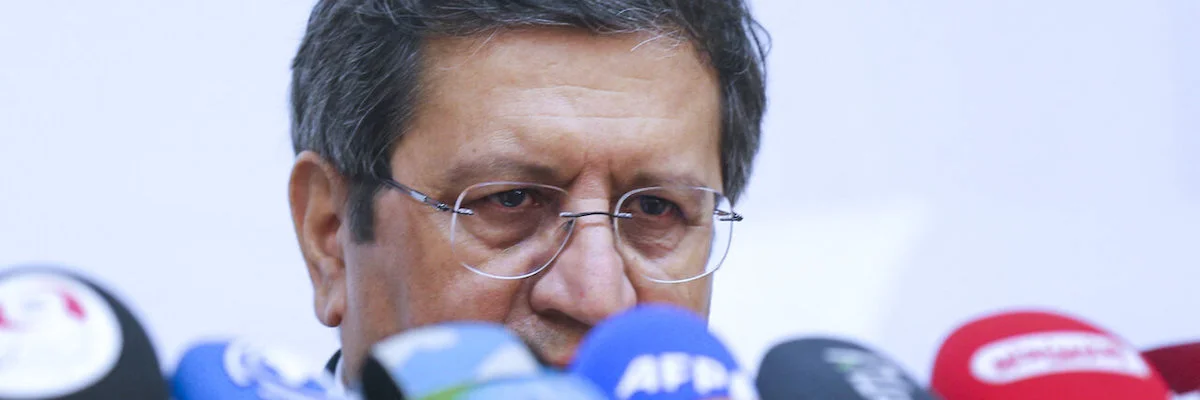All by Esfandyar Batmanghelidj
Most of the questions around the JCPOA’s economic prospects revolve around whether European companies will bother to engage in the Iranian market given the challenging experience of the last few years. But there is another trade relationship that arguably matters more.
The sanctions relief afforded to Iran in January 2016 as part of the implementation of the JCPOA did not lead to a cascade—while a significant number of foreign companies did commence or resume operations in Iran, no larger, second cohort followed.
The choice we face as those working on Iran policy is not about choosing between Plan A or Plan B—it is much bigger than that.
Sanctions relief will enable Iran to buy the industrial goods that will undergird the country’s economic resilience for the next two decades.
Iran’s new president, Ebrahim Raisi, has spent his first 100 days in office touring the country in order to meet with communities and to hear their grievances.
If Iranian leaders are concerned that the “economic war” might resume if Trump returns to office 2024, they ought to remember that they are in an economic war right now. The restoration of the JCPOA represents an opportunity for a useful ceasefire.
Leaders in the United Arab Emirates are eyeing an economic windfall should the Biden administration succeed in its effort to return to Iran nuclear deal. But they have not waited for the lifting of sanctions to begin earning billions from Iran.
The appointment of Ali Salehabadi as Iran’s new central bank governor reflects the generational shift underway in Iranian policymaking—he was born just one year before the revolution that led to the establishment of the Islamic Republic.
The Raisi administration must ensure that Iran’s foreign policy serves to minimise external challenges, so that the capacity of the government can be focused on the domestic crises where the needs are most acute.
Iran’s economic stagnation and widening inequality are top concerns for Iranian voters. It is therefore no surprise that during the three televised debates, candidates ganged up on Abdolnasser Hemmati, until recently Iran’s central bank governor.
A new IMF estimate has led to claims that Iran’s gross international reserves have been “wiped out.” But a closer look at the data makes clear that this is far from the case.
Iran’s Supreme Leader has insisted that the US must lift sanctions “in practice” and not “on paper,” noting that Iran would seek to “verify” any sanctions relief as part of US re-entry into the nuclear deal. But unlike Iran’s own nuclear commitments, which are verified by the IAEA, there is no such body to ensure sanctions relief is being implemented.
Iran’s oil exports are rising and the sector is growing for the first time in two years. The recovery poses a dilemma for Biden, who faces a growing constituency in Tehran unsure if there's enough to be gained should the US be allowed to rejoin the JCPOA.
In Tehran and Washington alike, the impact of Biden’s election on US-Iran relations has been the subject of strategizing for months. Now, the Biden presidency is a real political fact.
The Trump administration is reportedly considering new sanctions targeting several Iranian banks, a move that would cripple the few reliable banking channels for Iranian imports of food and medicine.
The rollercoaster ride that has taken the rial to a historic low of IRR 215,000 to the dollar does not tell us as much about the health of the Iranian economy as is widely assumed.
The Germany foreign ministry has announced that INSTEX, the trade mechanism backed by nine European states to facilitate humanitarian trade with Iran, has completed its first transaction.
The European Commission has announced a new regulation that will establish export controls for Personal Protective Equipment (PPE), a category of goods that includes the face shields, gloves, masks, and other protective gear. The new policy could make it more difficult for Iran to source the equipment necessary to protect doctors and nurses fighting COVID-19.
For the first time in 60 years, Iran has requested a loan from the International Monetary Fund (IMF), seeking emergency financing to support its efforts to combat COVID-19. If the IMF fails to provide Iran financial assistance that it makes available to countries in similar situations, the fund’s reputation will take a hit, as the fact of effective American control over its operations is laid bare.
The Financial Action Task Force (FATF), a global body that sets standards to combat money laundering and terrorist finance, has placed Iran back on its infamous “blacklist,” following the failure of Iranian policymakers to enact two key bills in accordance with an action plan set in 2016.





















